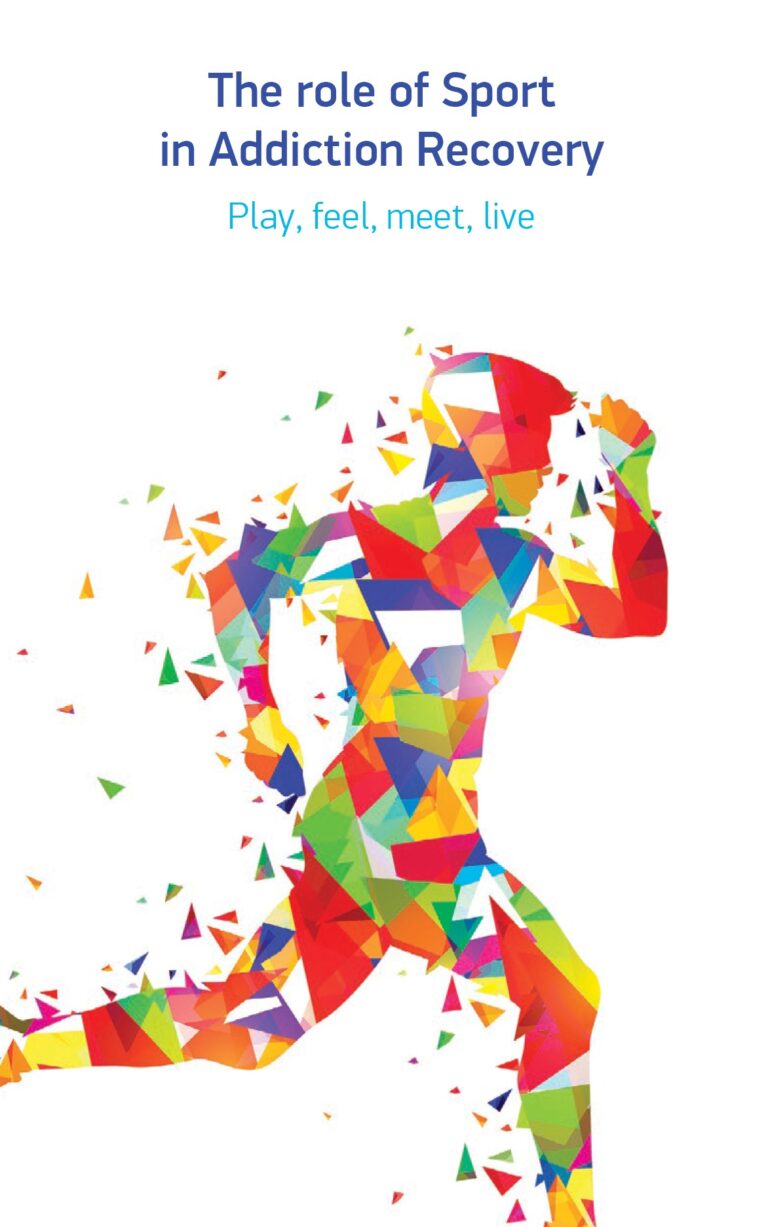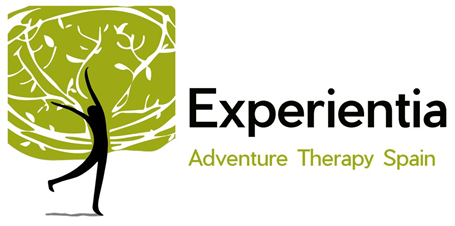Gestalt and Adventure Therapy: Parallels and Perspectives.
by Rudiger Gilsdorf
This paper calls attention to parallels in the literature of adventure education and that of Gestalt therapy, demonstrating that both are rooted in an experiential tradition. The philosophies of adventure or experiential education and Gestalt therapy have the following areas in common: (1) emphasis on personal growth and the development of present potentials; (2) promoting growth through creation of disequilibrium and tension; (3) “challenge” in adventure education versus the “creative experiment” in Gestalt; (4) the impact on the learning or therapeutic process by experiences “at the edge”; (5) characteristics of process and flow (nonpredictability of experience, need for spontaneity and flexibility); (6) focus on the present and concrete examples; (7) holistic approach to learning or therapy; (8) Gestalt belief in self-organizing systems versus the educational concept of constructivism; (9) transparent goals and limits; (10) focus on internal control, self-evaluation, and self-responsibility; and (11) confrontational approach to therapy or experiential group work. Gestalt concepts may inspire the theory and practice of adventure education by making practitioners more aware of what they are doing, and may be even more valuable for the new field of adventure therapy.












